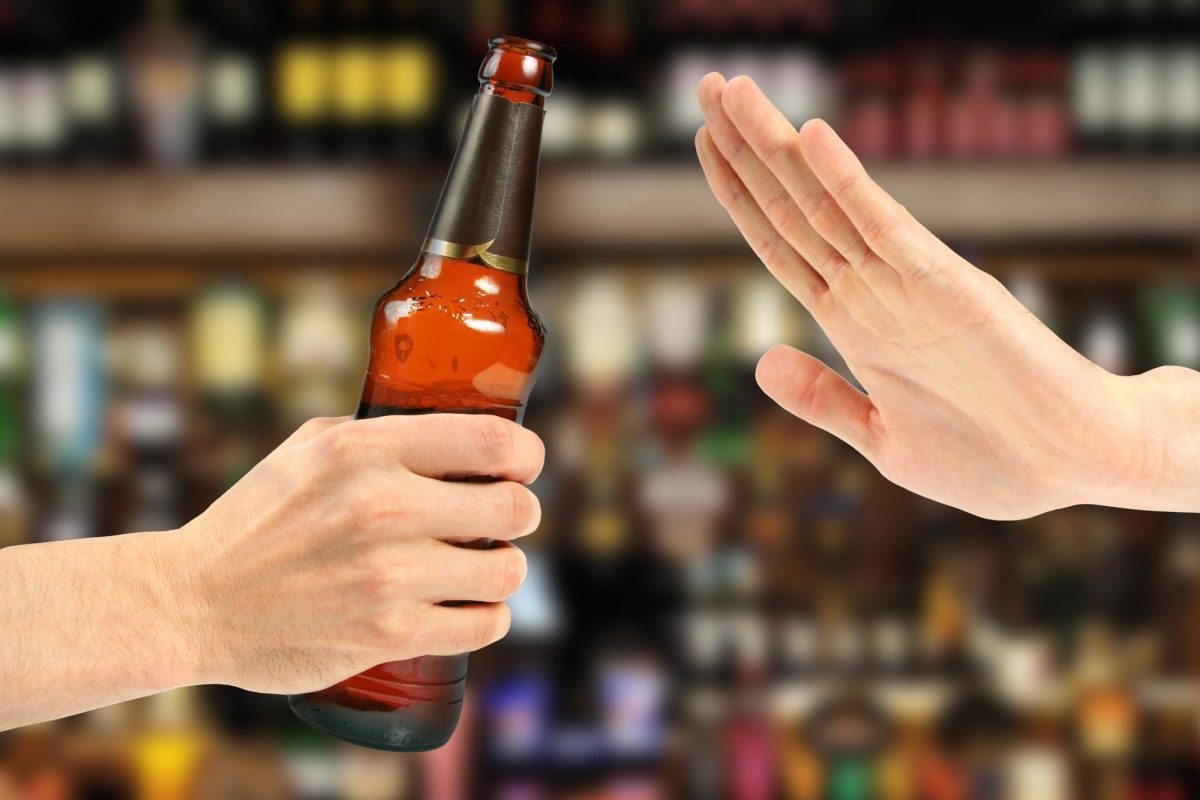Alcohol use disorder (AUD), or alcoholism, affects more than 14 million individuals over the age of 18 in the United States alone.1 AUD is described as a chronic brain disease that is characterized by compulsive drinking, loss of control over the consumption of alcohol, and experiencing negative emotions when not using alcohol.2
The treatment of AUD typically starts with detox. For individuals with a physiological dependence to alcohol, the abrupt cessation of drinking could result in serious complications, such as alcohol withdrawal seizures. A supervised medical detox, whether inpatient or outpatient, is always recommended.3
So I’ve completed detox, what’s next?
Treatment programs, like Awakenings KC, will employ various modalities to assist in continued abstinence from alcohol. These include, but are not limited to, behavioral therapy, family therapy, and/or the treatment of co-occurring disorders.
An additional treatment for alcohol addiction offered by Dr. Davila at Awakenings KC is ketamine infusion therapy.
What is ketamine?
Ketamine is an anesthetic medication that acts on the central nervous system through antagonism of the N-Methyl-D-Aspartate (NMDA) receptor.4-6 Ketamine is different than other anesthetics in that it has a good safety profile and lacks the major drawback of respiratory depression.5
Over the past decade, it has been increasingly used in the treatment of depression and addiction. How does it work? Well, scientists are not 100% sure, but several mechanisms have been proposed and substantiated with research. Several animal and human models have demonstrated that ketamine can rewrite maladaptive reward memories, enhance neuroplasticity and neurogenesis, and enhance psychological therapy efficacy.4-6
Ketamine in the treatment of addiction.
Ketamine has shown promising results in the treatment of addiction.4-6 Studies have shown that ketamine infusion can promote abstinence from alcohol and reduce cravings. In recently detoxified alcoholics, abstinence rates increased from 24% to 66% in the ketamine group.7
Although ketamine itself has been utilized as a drug of abuse, in sub-anesthetic doses, it is not “rewarding”. In multiple studies, there were no patients that went on to abuse ketamine following their infusion treatments.6
In summary…
Ketamine has been shown to increase synaptogenesis and neuroplasticity.6 What does this mean? It helps restructure and reorganize the brain at a cellular level, helping to reverse the changes that are associated with depression and addiction.
Ketamine is safe, effective, and shows promising results in the treatment of depression and addiction.
If you’re interested in more information about ketamine infusions, check out the Awakenings KC website here or call for a consultation – (913) 381-8555.
References:
- Alcohol facts and statistics – NIH
- Alcohol abuse and addiction – NIH
- Alcoholism treatment: what is alcohol abuse and how to treat alcoholism – American Addiction Centers
- Das RK, Grace G, Walsh K, et al. Ketamine can reduce harmful drinking by pharmacologically rewriting drinking memories. Nature communications. 2019;10:5187.
- Ezquerra-Romano I, Lawn W, Krupitsky E, et al. Ketamine for the treatment of addiction: evidence and potential mechanisms. Neuropharmacology. 2018;142:72-82.
- McAndrew A, Lawn W, Stevens T, et al. A proof-of-concept investigation into ketamine as a pharmacological treatment for alcohol dependence: study protocol for a randomized controlled trial. Trials. 2017;18:159.
- Krupitsky EM, Burakov AM, Romanova TN, et al. Attenuation of ketamine effects by nimodipine pretreatment in recovering ethanol dependent men: psychopharmacologic implications of the interaction of NMDA and L-type calcium channel antagonists. Neuropsychopharmacology. 2001;6:936-47.



